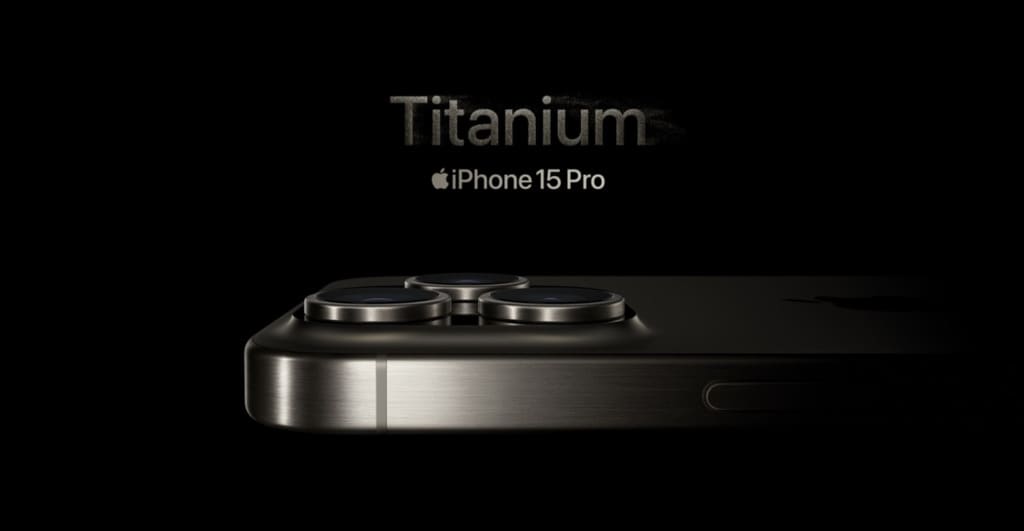Smartphones have a nasty habit of ending up in the toilet, bathtub, the pool, or even the ocean. After all, we keep them with us most of our waking hours, so it's easy to forget to put them somewhere safe when we're near water. Investing in waterproof smartphone cases and bags can help, but the easiest way to avoid killing your phone with water is to start out with a waterproof or water-resistant phone. Before you choose a new device, learn the difference between waterproof and water-resistant phones.
Keep your phone looking and working like new. Protective accessories like waterproof phone cases are available from Xfinity Mobile.
What phones are waterproof?
While most new smartphones are water-resistant, which means they can survive some exposure to water, none of the mainstream phones on the market today are fully waterproof on their own. For waterproof phones that can withstand scuba diving and extended time underwater, you'll need to choose one of the following options:
- Buy a specialty waterproof smartphone like the Caterpillar Cat S61
- Invest in a waterproof case from a company like Lifeproof
What is water-resistance?
Most phones can withstand a brief drop in the bath, sink, or pool — but you shouldn't take them for a swim with you. However, some smartphones are more water-resistant than others. If you want a phone that will survive a more extended run-in with water, look for one with a rating of IP67 or IP68. Here's what you need to know about IP ratings:
- The IP rating is a standard from the International Electrotechnical Commission that specifies how resistant a device is to fresh water, dirt, dust, or sand.
- The rating's first digit is the dust resistance and the second is the water resistance; six is the highest possible dust rating, and eight is the highest water rating.
- An IP68 phone is certified water-resistant in water up to 30 meters deep for half an hour.
- An IP67 can be in water just one meter deep for half an hour.
The Galaxy S9 is IP68 certified, and the iPhone X is rated IP67. However, neither of these phones are guaranteed to hold up to pressurized water — that means even swimming forcefully with a phone in your hand could cause damage.
In short, water resistance doesn't mean waterproof. Think of water resistance as an extra layer of protection for your phone if you're caught in a rainstorm, if you fall in a pool, or if you have some other water-related accident.
How do I protect my phone from water?
If you want your water-resistant phone to last you for years to come, follow these phone-safety tips:
- Avoid bringing your phone into contact with saltwater or chemically-treated water. Engineers test water resistance in a lab with stable, fresh water.
- If your phone gets wet, dry it completely before charging.
- Avoid pressing any buttons while the phone is underwater, as this could let water seep in.
- Water-resistant refers to water exposure only (as in, your smartphone may not be milk-, soda-, or beer-resistant).
Even if the manufacturer advertises its phones as water-resistant, the warranties may not cover water-related damage. Shop phone accessories like waterproof phone cases at Xfinity Mobile and try to keep your phone above water as much as possible.




